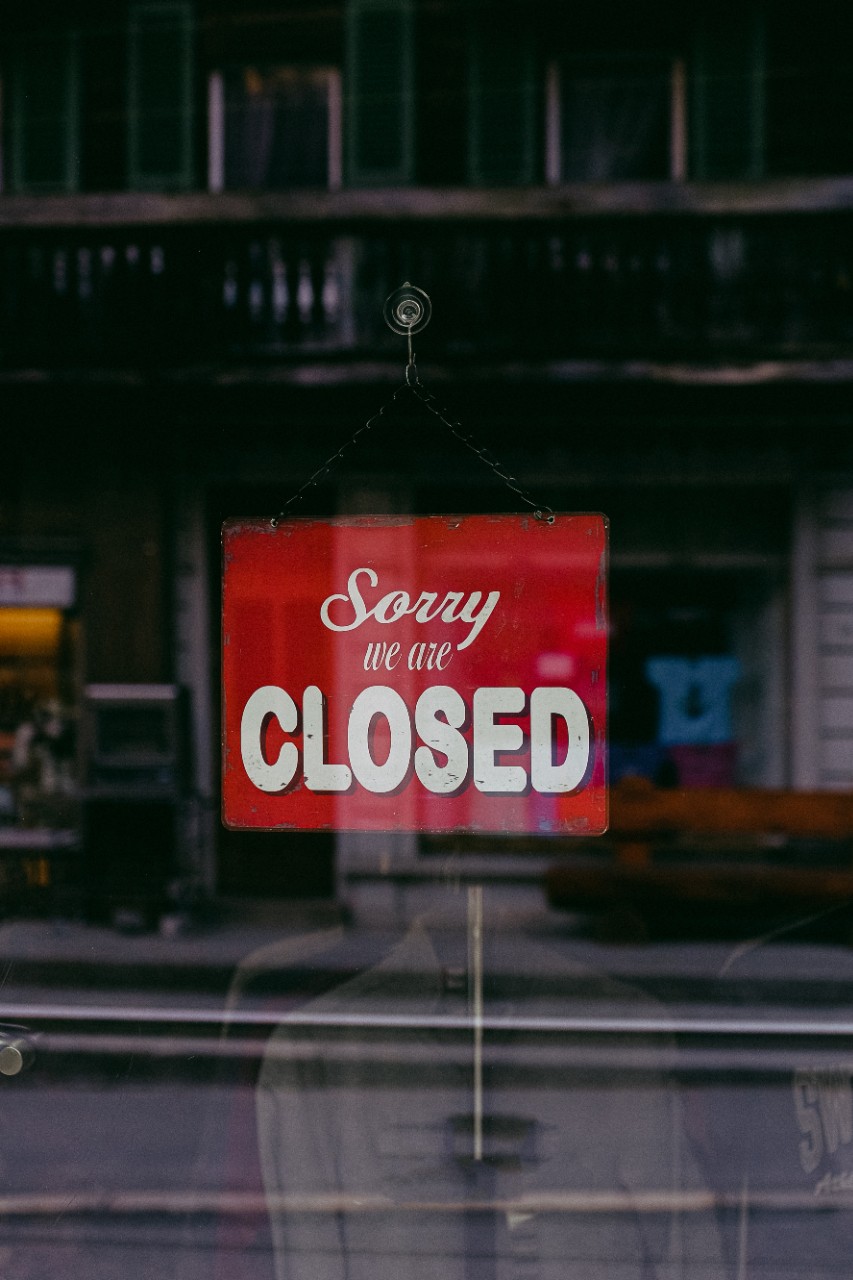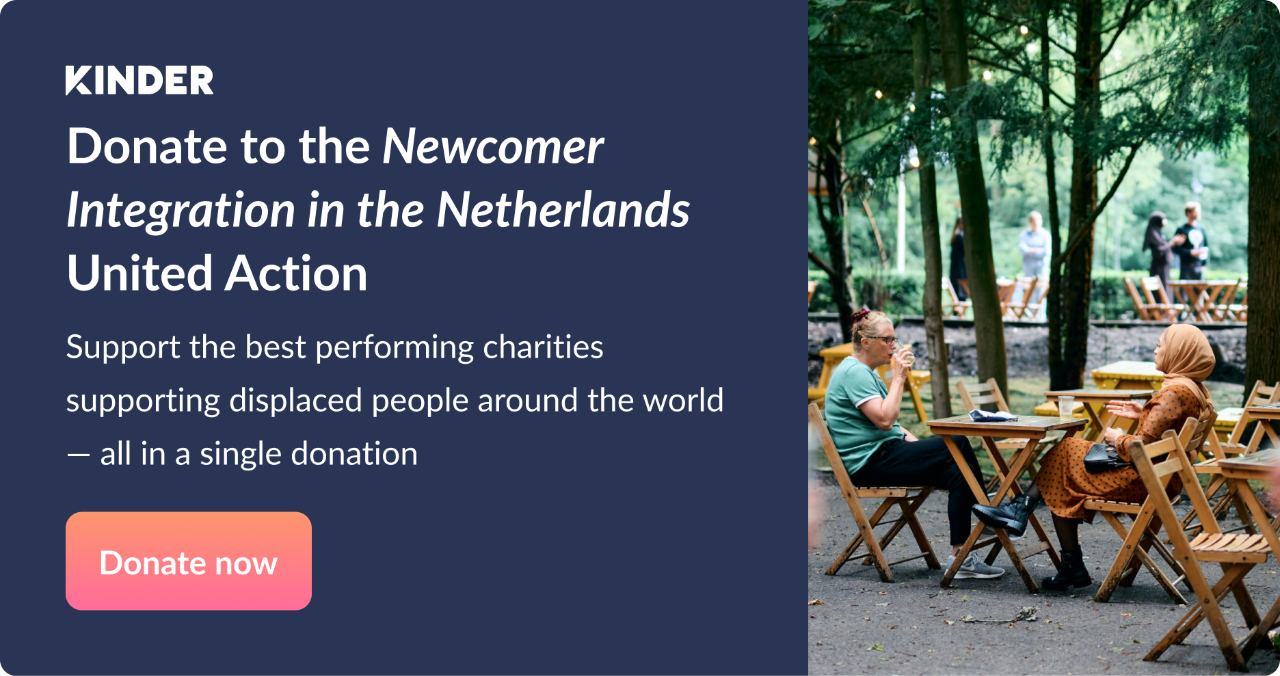With the spread of COVID-19, came another epidemic — one that not only isn’t cured by a 14-day lockdown, but is made worse. Deteriorating mental health and loneliness are negative side effects of a 1.5-meter-distance society. Whilst thankfully increasing lockdowns might be slowing COVID rates, they are increasing mental health instability; especially during the holidays. The Omicron variant has once again raised the issue for politicians, forcing them to balance the scales between public physical and public mental health.
Although health professionals and politicians don’t like to admit it, mental health is still treated as less important than physical or so-called “apparent” health issues. But for those who are coping with mental health issues such as anxiety, depression, or even “simple” loneliness, these issues couldn’t be higher on their own health priority list.
We’ve all experienced different degrees of this mental drainage in the past couple of years, and more research and actions are being taken to combat this growing phenomenon. But some groups are being overlooked. Older generations are getting fewer visits from family members who fear they’ll infect their (grand)parents. Children are forced to grow up with fewer social interactions, in online lessons, that take all the fun out of education. A recent viral Reddit post from a teenage boy describing his life at school shows just how disruptive it's become. Lastly, migrants find it even more difficult to connect to their new local environment; because of shuttered workplaces and a lack of social events.

Immigrants — especially refugees’ — social and psychological problems are often seen as secondary. While people may be quicker to offer safety, shelter, and food, help usually stops there. When building a fresh start in a new country, locals are not always as welcoming. The language can be difficult to learn, and the new culture is introduced at a rapid pace… All this makes it difficult to integrate in normal times, let alone during a pandemic, which forces further isolation.
Here in The Netherlands, we’re familiar with this problem. With refugees joining smaller townships, it’s impossible for previously unaffected communities not to be confronted with the issues surrounding their new neighbors. For some communities, groups of new immigrants are met with unrest, anger at the government, and discrimination. While fear gets the best of some locals, others embrace newcomers, insisting on cooperation to support their integration into the community.

The City Coalition (De Stadscoalitie in Dutch) is helping to bridge the cultural gap between citizens and newly arrived immigrants by organising cultural events, exchanging heritage and shining a light on special skills for new immigrants. In Leidschendam-Voorburg, a cultural event put local craftsmen together with immigrants of the same background — creating a symbiosis of skill sharing and appreciation for their respective cultures. Examples of dual craftsmen were clockmakers, cooks, shoemakers and pastry chefs.
In Amsterdam weekly meet-ups are organised for women by women to share culture, conversation, and music. Additionally, a weekly free work-out session strengthens muscles and connections while breaking a sweat. All these can be found in the Welcome App! — check out what’s available in your neighborhood.
At Kinder, we believe empathy and practical help is the cure to the problems that refugees currently face in Dutch society. Whether newcomers have fled from political uproar, economic pressures, or any other life-or-death situations, they are still often greeted by a grueling journey to safety, legal and administrative issues, discrimination, and social exiling from their new community. All of this is paired with social anxieties and traumas stemming from their journey before arrival.
Our United Actions therefore have a new addition: Newcomer Integration in The Netherlands. In this 5-charity category, we hope to support initiatives that support newcomers in their transition and to find their place within society.
COVID, luckily, has given us room for opportunity. Picking up new hobbies, finding new ways to entertain ourselves outside, and the virtual revolution have never grown as rapidly as they do today. One of the great innovations of one of our featured charities is the Welcome! App. A phone application that puts locals and newcomers in a direct share point for information, Q&A’s, language lessons and get-togethers. If you want to support your local newcomers in a direct way from your social distanced couch, you are now able to do so at https://www.welcomeapp.nl/locals/.





